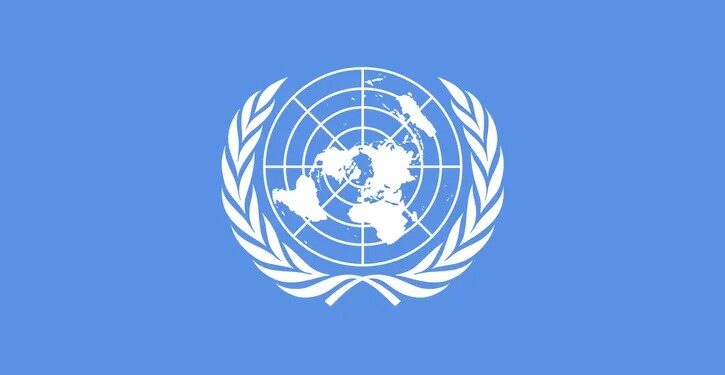On 24 October 1945, the United Nations was officially established, marking the birth of the most ambitious international organisation ever created to preserve peace and foster cooperation among nations. Emerging from the ashes of World War II, it aimed to prevent the kind of global conflict that had twice devastated the world within a generation.
From war to unity
The idea of the United Nations was first conceived during the war, when Allied leaders recognised the need for a permanent body to replace the failed League of Nations. In April 1945, representatives from 50 countries gathered in San Francisco to draft the UN Charter, which was signed on 26 June and came into force four months later after the required ratifications. The founding members included the United States, the Soviet Union, China, the United Kingdom, and France — the same five nations that would hold permanent seats on the Security Council.
A structure built on cooperation
The UN’s founding charter created six main organs: the General Assembly, the Security Council, the International Court of Justice, the Secretariat, the Economic and Social Council, and the Trusteeship Council. Each was designed to address specific aspects of global governance — from maintaining peace to promoting human rights and sustainable development. The organisation was headquartered in New York City, symbolising both accessibility and neutrality, while maintaining offices in Geneva, Vienna, and Nairobi.
The mission evolves
Over the decades, the United Nations has expanded its role beyond peacekeeping and conflict resolution. It now coordinates humanitarian aid, climate initiatives, education, health campaigns, and gender equality programmes across the world. Agencies such as UNICEF, WHO, and UNESCO became instrumental arms of the UN system, tackling challenges that transcend borders. The organisation has also faced criticism for bureaucracy, inefficiency, and the imbalance of power within the Security Council — yet it remains the only truly universal forum for global dialogue.
Modern relevance and reform
As the UN marks its 80th anniversary milestone approaching 2025, debates intensify over its capacity to respond to new threats such as cyberwarfare, climate migration, and global inequality. Calls for reform — particularly in the Security Council’s structure — are frequent, reflecting the shift in global influence since 1945. Despite its shortcomings, the UN continues to embody a shared aspiration for peace and multilateralism in an increasingly fragmented world.
Newshub Editorial in Europe – 24 October 2025



Recent Comments